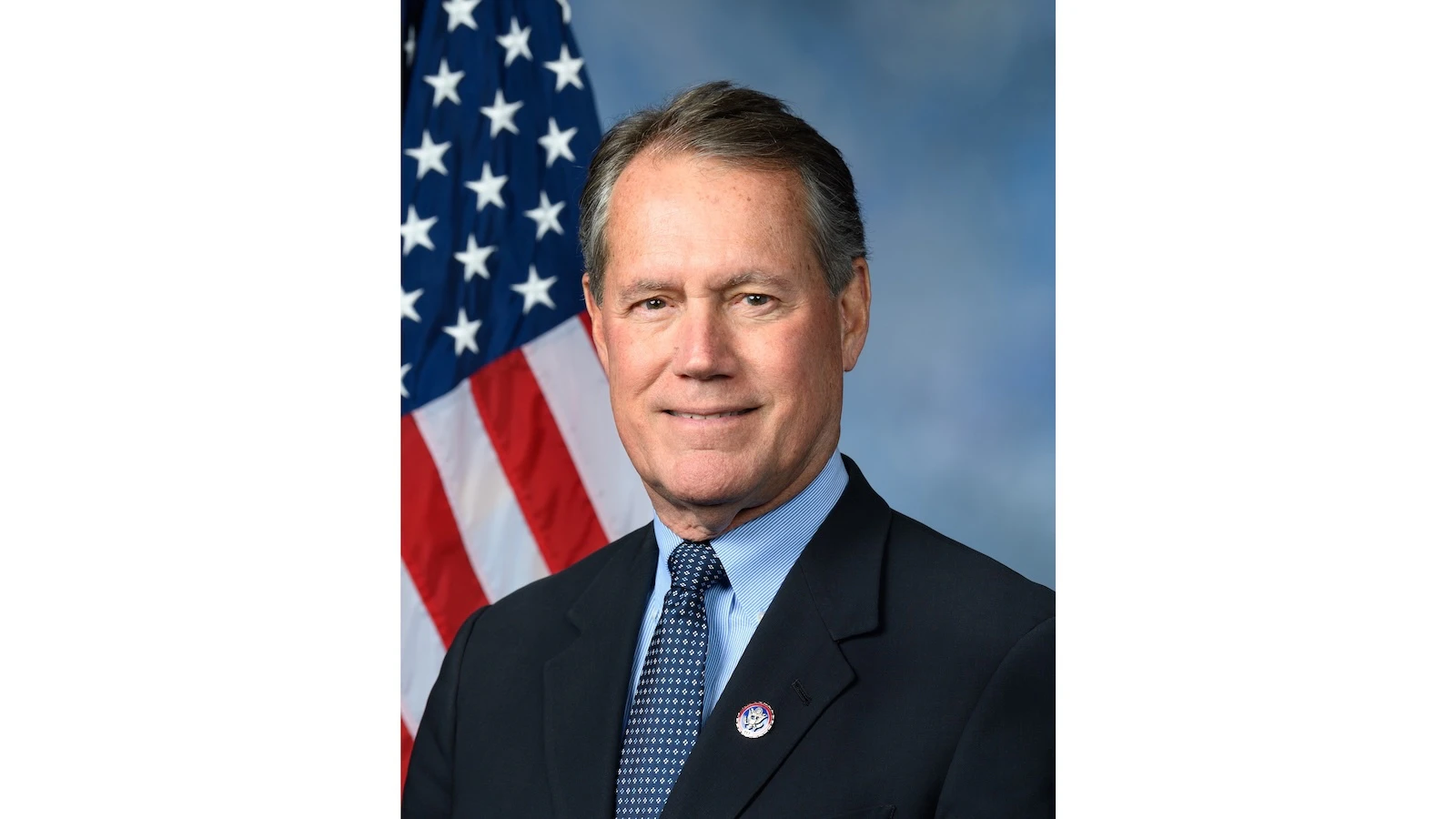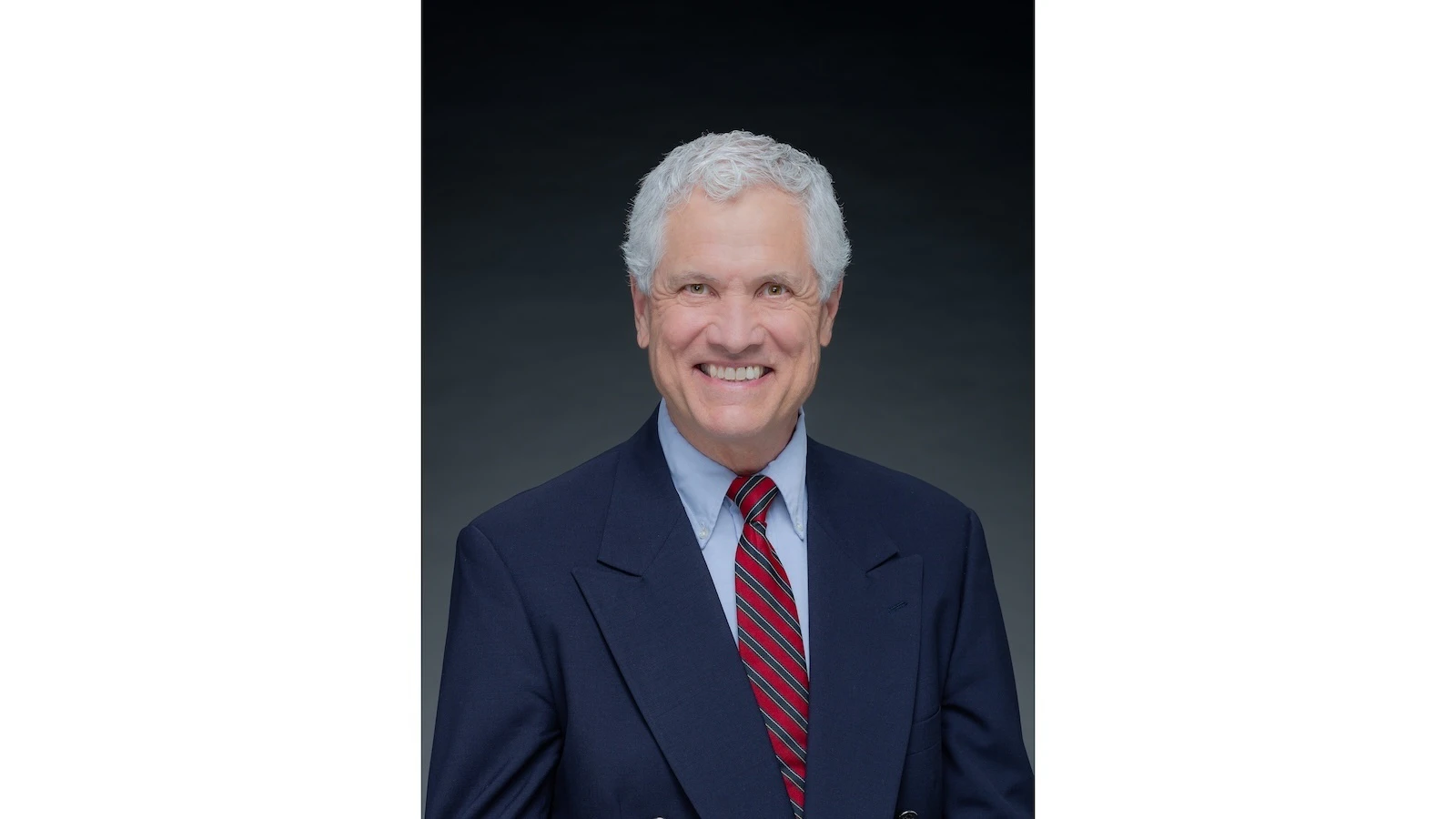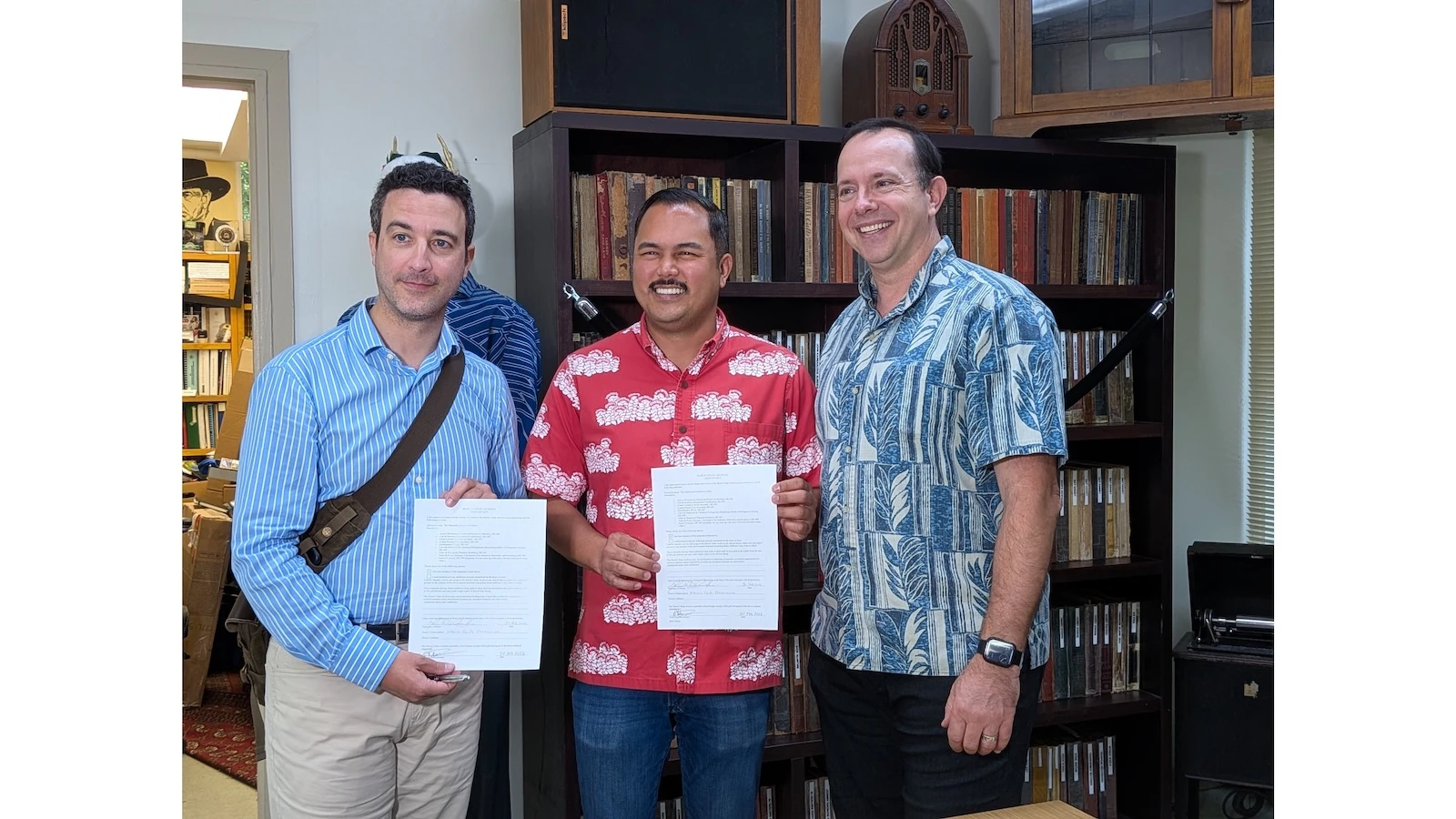A Hawai‘i congressman has proposed a law making permanent an energy partnership program for the state and other island communities.
Currently, the U.S. Department of Energy works with remote populations — including Hawai‘i — to bolster their vulnerable power grids through the Energy Transitions Initiative Partnership Project, or ETIPP.
That project, however, is not formally codified in law. Hawai‘i Representative Ed Case hopes to change that, with a bill that would fund the project through 2030.
Case told the House Tuesday that the project’s continued existence will help the state reach its goal to transition to 100% renewable energy by 2045.
“Isolated and tribal communities often share common energy obstacles, such as limited energy infrastructure, high costs of imported energy and vulnerability to natural disasters,” Case told the House Tuesday. “(In Hawai‘i), residential electricity rates average 34 cents per kilowatt, far exceeding the national average by threefold.”
The bill — called the Energy Transitions Initiative Authorization Act — would authorize $31 million for the program each year, along with a requirement for regular audits to ensure proper use of the funds.
It authorizes grants of up to $5 million for eligible projects, although it cannot fund any project for more than 90% of its total cost.
“The draw of this program is that it doesn't come in and dictate how communities reach their clean energy goals,” Case told the House Tuesday. “It is a partnership program that values and appreciates the perspective of local and tribal communities, actively listening and incorporating community feedback.”
Among the Hawai‘i-based projects ETIPP has supported was a 2022 partnership with Hawaiian Electric Company to design “hybrid microgrids” — small, localized power grids using multiple different sources — in sites around Hau‘ula to prevent long-term power outages.
Other projects include plans to expand electric vehicle infrastructure on Kaua‘i and a University of Hawai‘i proposal to develop geothermal cooling systems across its campuses to replace air conditioning.
The House made no decision on the bill Tuesday, and it has not been agendized for future hearings.





